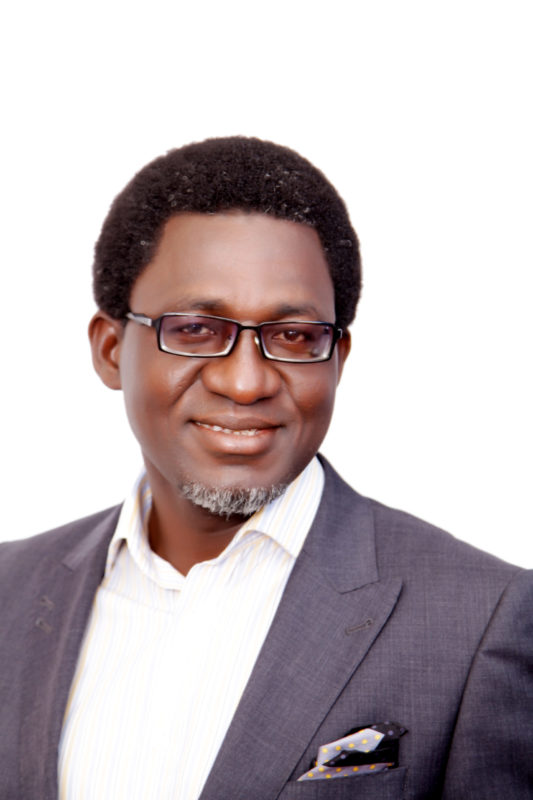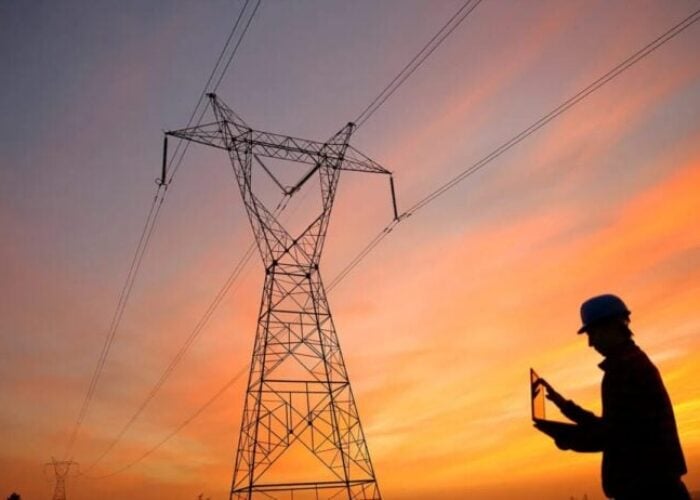
Nigeria is one of the most economically sound countries on the continent. Trailblazing in many ways including finance, infrastructure and employment, the country has up until very recently been a laggard when it comes to renewable energy. However, a newly-installed government is ensuring priorities are changing and frameworks are being put in place to exploit Nigeria’s clean energy prowess and close the gap between supply and demand. Segun Adaju, president of the Renewable Energy Association of Nigeria, discussed with PV Tech how the country is finally getting to grips with clean energy.
The Renewable Energy Association of Nigeria (REAN) is still fairly new. What’s the organisation’s mandate for tackling the sector?
Unlock unlimited access for 12 whole months of distinctive global analysis
Photovoltaics International is now included.
- Regular insight and analysis of the industry’s biggest developments
- In-depth interviews with the industry’s leading figures
- Unlimited digital access to the PV Tech Power journal catalogue
- Unlimited digital access to the Photovoltaics International journal catalogue
- Access to more than 1,000 technical papers
- Discounts on Solar Media’s portfolio of events, in-person and virtual
We are the leading body for renewable energy private sector engagement in Nigeria. The Association brings together all stakeholders in the renewable energy sector in Nigeria. We realised that there was no strong industry body for advocacy and ensuring standards are well regulated and the government incentivises renewables. Late last year, with the support of GOGLA, Power for All, the Nigerian Economy Summit Group and a few other stakeholders, we were able to incubate the organisation.
Ultimately our goal is to ensure that Nigeria begins to take renewables very seriously. Our vision is to achieve 40% renewables in the energy mix by 2030. And so far so good. We have been able to get the attention of the relevant stakeholders in Nigeria and we have over 100,000 registered members.
What’s next on the renewable energy scene for Nigeria? We recently saw the first ever solar PPAs, licences for mini-grids and some utility-scale PV projects. What else is to come?
We have four key areas we are working on this year:
- Finance. Lack of access to finance for small businesses and for end users is still a huge issue. We want to be able to work closely with development partners, venture capital firms, and financial institutions to be able to catalyse finance for the sector. That is one of our top priorities for 2017.
- Engage seriously with government entities. This could be in terms of custom duties, tariffs, having dedicated teams for renewable energy and encouraging local production and ensuring standards are set for good equipment quality.
- Education. We know that the level of awareness for renewables in Nigeria is pretty low – especially when it comes to solar energy. That is also a fall-out of some projects the government has financed. Our intention is to create a buzz around renewable energy. We also want to engage with the government and ensure that when giving out contracts and bidding processes, quality standards are driven to completion. Ultimately we want to create a good image for renewables in Nigeria to ensure that we can achieve our goal.
- Create a single authoritative body. One of the challenges for renewables in Nigeria has been that in several government departments and agencies, everyone wants to claim to do renewables; so we have lots of people all doing their own thing. Our plan is to organise it and have a single government agency that everyone can look out for and investors and stakeholders can deal with. The concession, the permits and the feed-in tariffs will hopefully go through this one body in future.
Nigeria has the potential to have one of the biggest markets in Sub Saharan Africa.”
What would you say the reason is for Nigeria taking as long as it has to embrace renewables, compared to some other Sub Saharan countries?
I would say Nigeria is now measuring up to par, given the potential that it has. We are doing a lot off-grid, but we have a lot of room for improvement. For example, Kenya, South Africa and even Ghana, they are a little bit ahead in terms of quality framework, the number of projects etc. But Nigeria has the potential to have one of the biggest markets in Sub-Saharan Africa. Nigeria has abundant resources; solar especially. Within the next couple of years, I think we'll definitely be the leading name in renewable energy in Sub-Saharan Africa.
Was the turning point when the new government came into force?
The new government has really helped, and I'll mention a couple of instances. For starters, the first time we had a PPA signed for solar was during the new government. We now have about 14 companies that have secured a project for their PPAs and are in various developmental stages, constituting about 1,200MW of solar to be added to the grid in a couple of years.
Secondly, the government has taken a serious interest in off-grid renewables, especially solar. The plan is to achieve about 13GW of off-grid solar by 2020. That is another strong statement that has been made by the government, which we believe is possible. The Ministry of Power recently approved the Nigerian Renewable Energy and Energy Efficiency policy framework. That has created some groundwork for concession incentives and encouragement of foreign investors. The next question is how it will be implemented. There are several other policy announcements that show that we are serious about renewables.
How are foreign investors viewing Nigeria’s market?
Nigerian market has huge opportunity for renewables. It has the business environment that is encouraging for investors and stakeholders so I believe with the right policy framework and with the work of bodies like the REAN and other the work of organisations like Consistent Energy, it shows renewables are possible. Because of some of the success factors that we have recorded in the last year or so, we have attracted the attention of key players in other countries. For example, Azuri Technologies, Lumos, and BBOX have entered the Nigerian market and Mobisol is also considering doing the same. These companies have been able to prove that the market is viable and we can surely attract foreign players.
The Renewable Energy Association of Nigeria's Segun Adaju will be speaking at Solar Media's Clean Energy Africa Summit in Accra, Ghana, 4-5 April. To find out more, visit the event website here.







